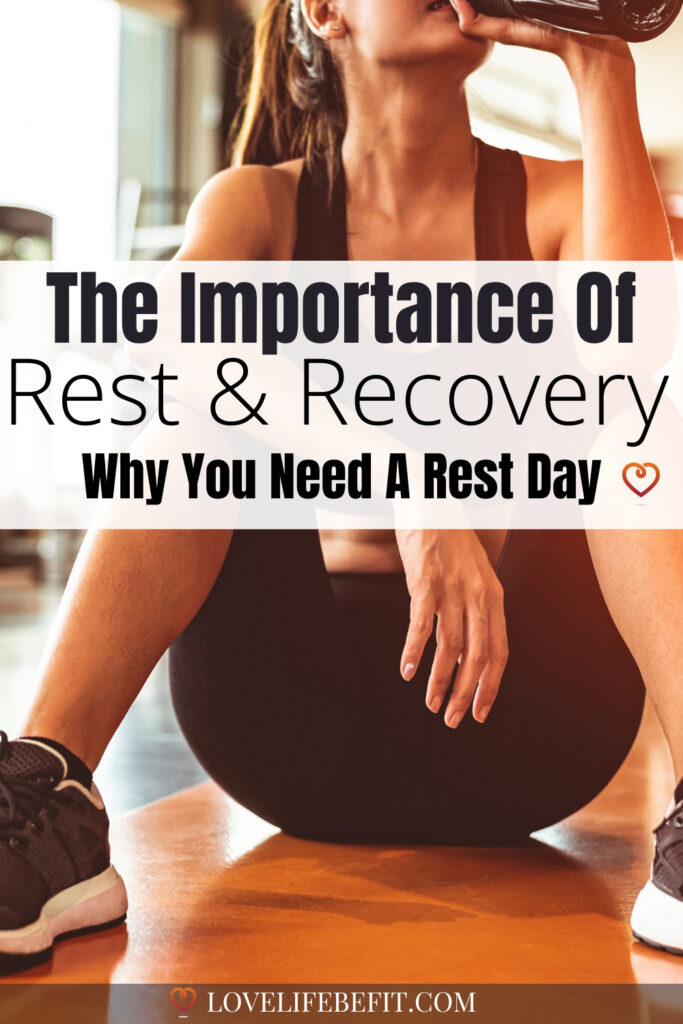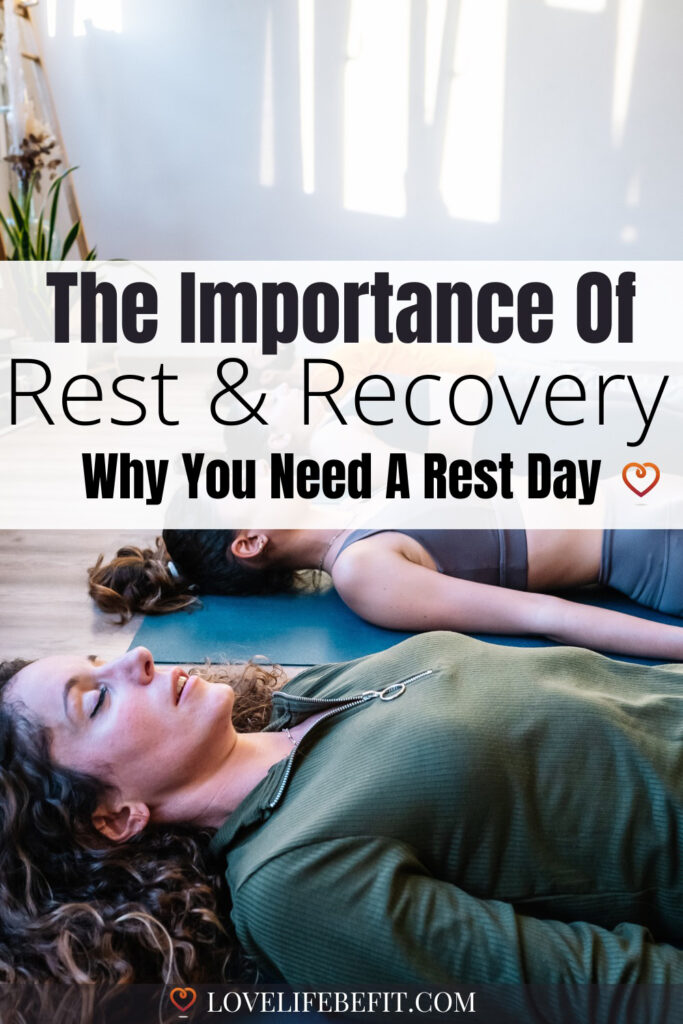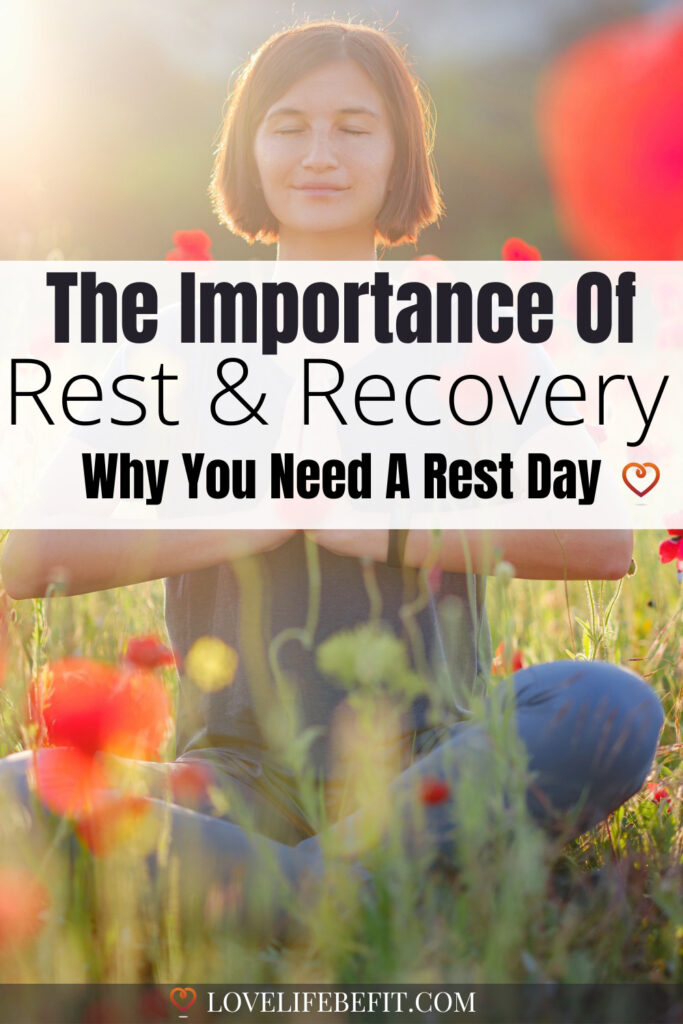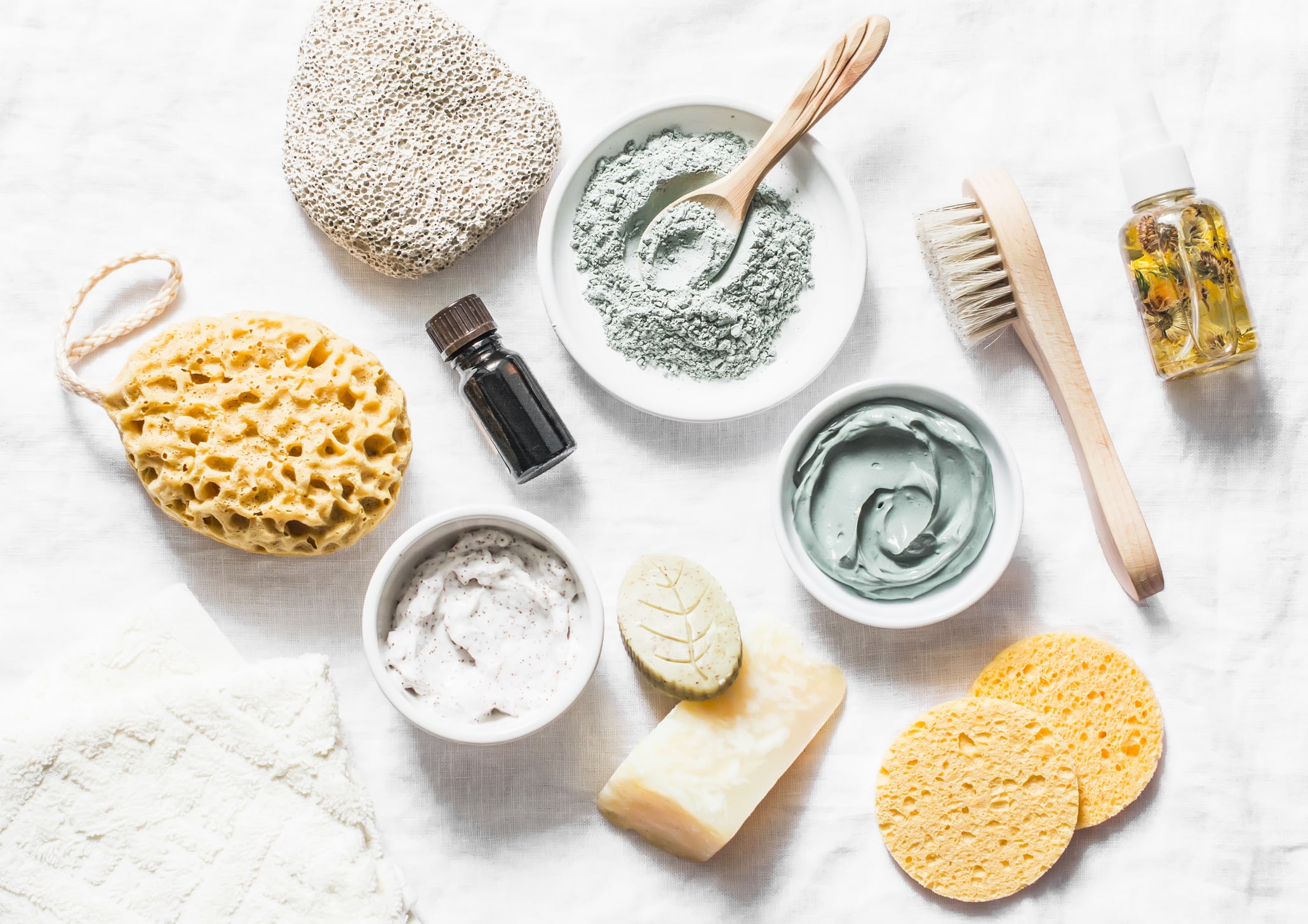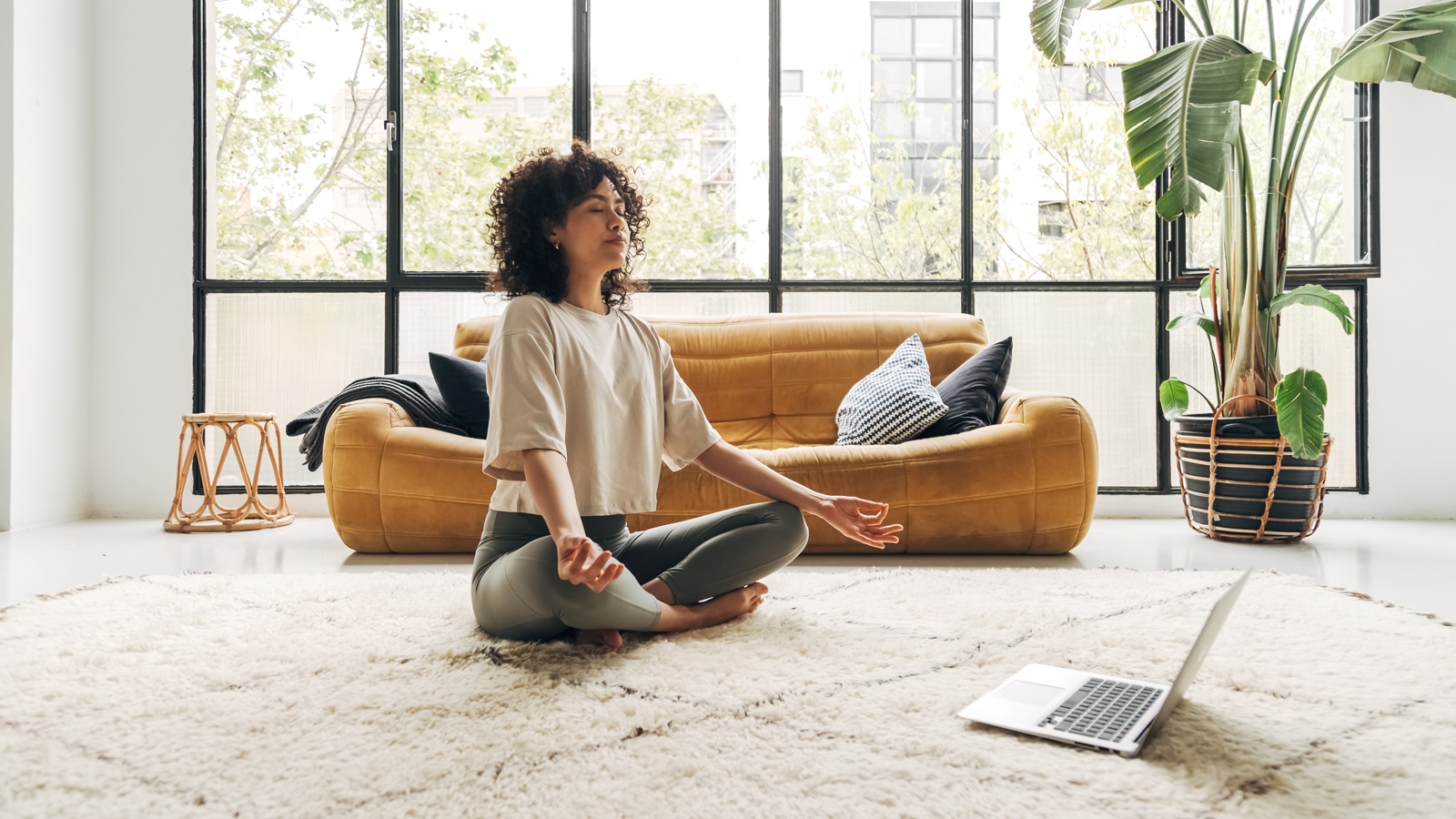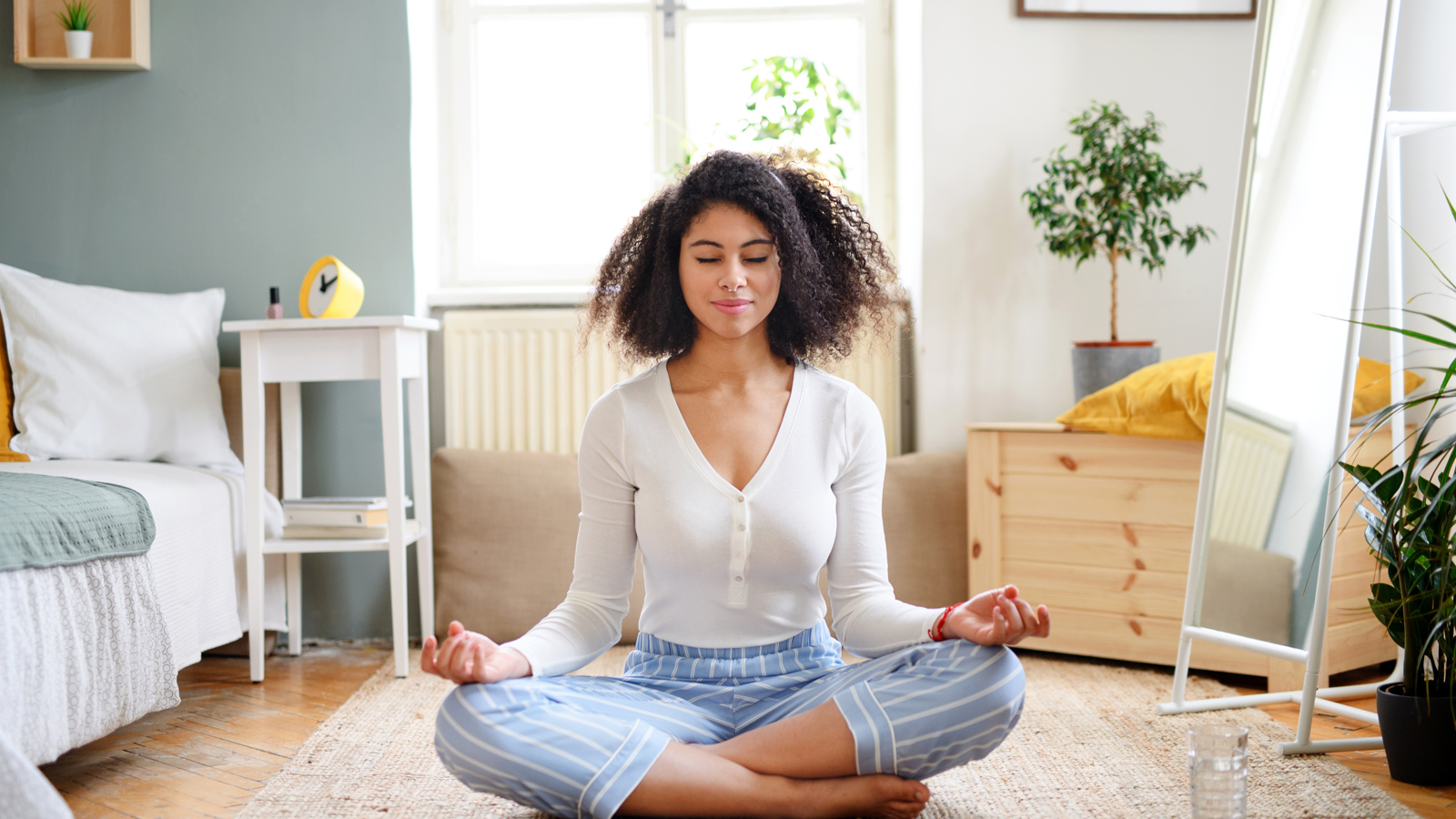Why You Need Rest And Relaxation
We all benefit from rest and relaxation, whatever the fitness goals. Not just runners training for their next half marathon, or walkers trying to lose weight, everybody benefits from some recovery time.
It’s vital for your fitness and mental health, boosts the immune system, and improves your performance. Read on to find out more about the importance of rest, why you need to get enough sleep, and how relaxation is the key to good health.

The Difference Between Rest And Sleep
Most people think of rest and sleep as the same thing, but they are actually quite different. Sleep is a vital part of our lives. It’s a state where awareness of environmental stimuli is reduced. Not quite unconscious but in deep sleep arousal is difficult.
Scientists have yet to fully understand the need for sleep but it’s essential for survival and most adults need 7-9 hours of sleep per night. Sleep is needed to maintain nervous system function and for growth in children and young adults.
Rest on the other hand can take many forms. It can be physical rest or mental rest. With physical rest, you avoid or reduce movement allowing the body time to heal and repair. For mental rest, you’re taking a break from stressful situations, sensory overload, or draining social situations. We need both for good health and fitness.
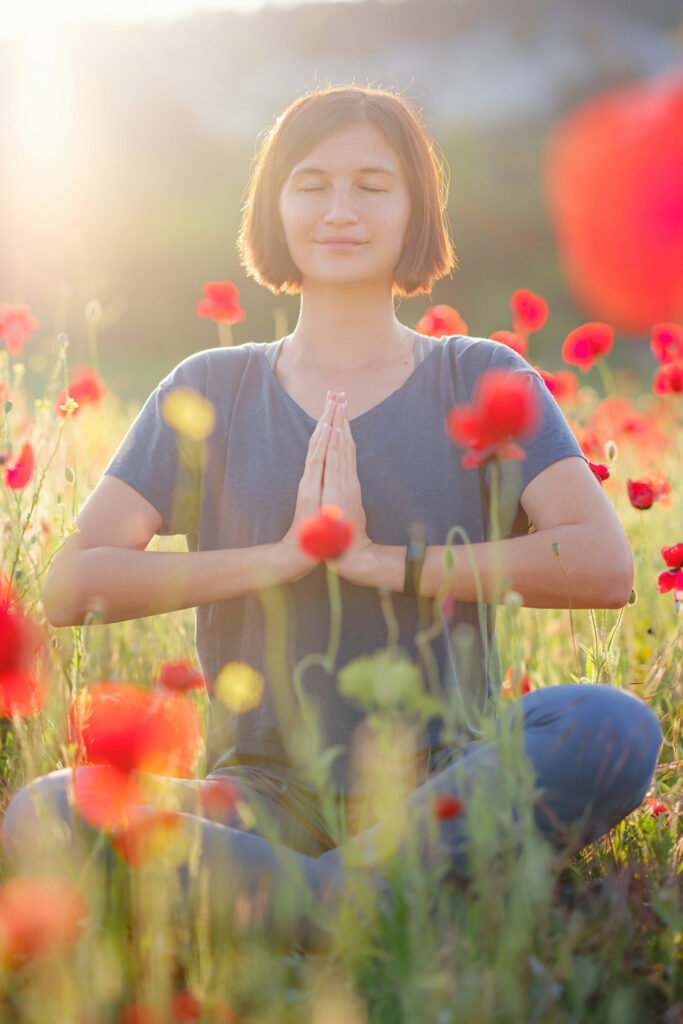
Why You Need Adequate Sleep
Poor sleep or a lack of sleep is associated with several chronic health conditions including obesity, high blood pressure, type II diabetes, heart disease, stroke, and depression.
It also reduces cognitive function and reaction time. A lack of sleep can also lead to accidents and injuries.
Quality sleep cycles between two stages:
- Non-rapid eye movement (non-REM) sleep
- Rapid eye movement (REM) sleep.
Both are important for health. Non-REM is deep sleep where your eye movement stops, heart rate slows and body temperature decreases.
It’s essential for building bone and muscle, repairing and regenerating tissues, and strengthening the immune system.
REM sleep is believed to play an important role in dreaming, memory consolidation, emotional processing, and healthy brain development.
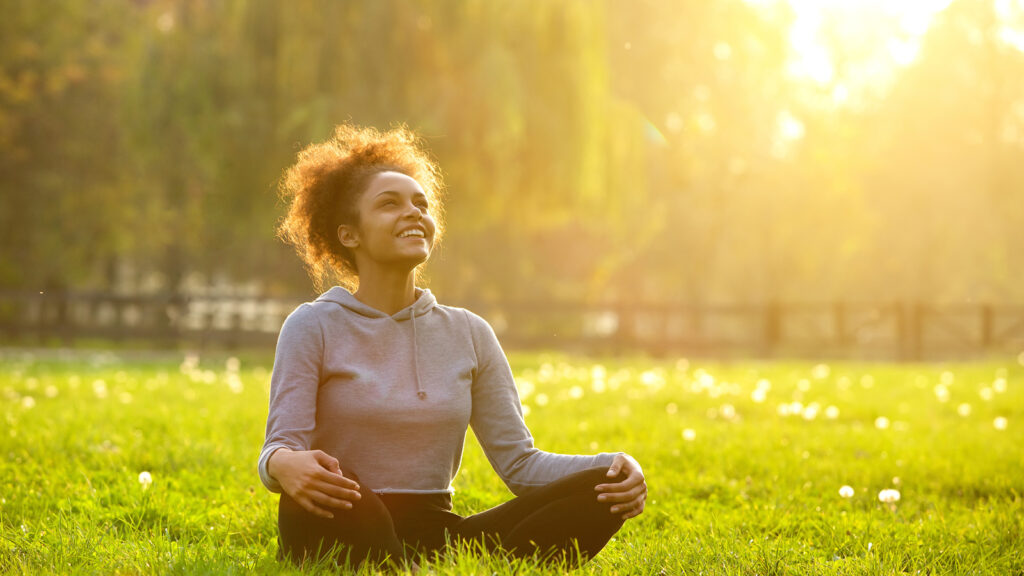
Making Time For Quality Sleep
It doesn’t take a research paper to be convinced that getting a good night’s sleep can make all the difference to your physical and mental health.
Everyone is a bit grumpy if they don’t get enough sleep and getting enough quality sleep makes a huge difference in everyday life.
When you’re sleep-deprived it’s difficult to concentrate at work or make good life choices such as exercising or eating healthy food.
A chronic lack of sleep can start to really affect your well-being. Ultra runners pushing through the night to complete 50-mile-plus runs will talk about hallucinating and the inability to function properly.
When you’re suffering from complete sleep deprivation, getting a good night’s sleep is all you can think about. But many of us function daily on insufficient sleep without realizing the health problems it’s causing.
Sometimes just one or two more hours of sleep a day could make a big difference to our overall health and performance. Set a sleep schedule where you try to go to sleep at the same time every night and wake at the same time every morning.
Related post: Sleep Well At Night (With These 12 Proven Habits)
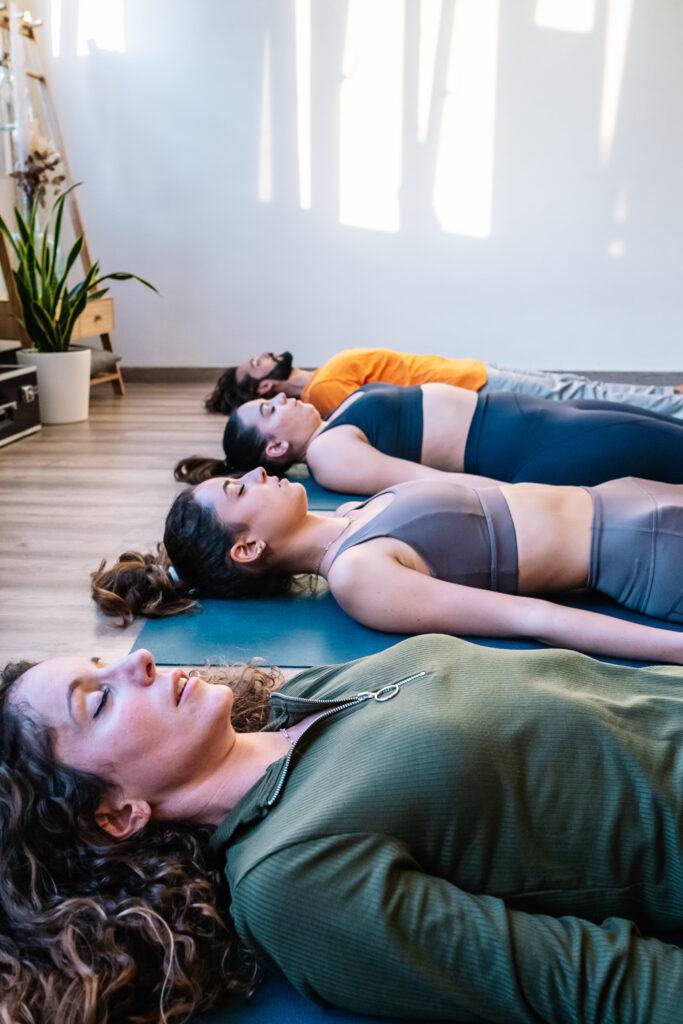
Getting Adequate Rest
While sleep deprivation gets a lot of attention, rest is often overlooked. Many of us only really unwind on vacations. We’re constantly busy taking very little “me-time”.
I’ve known people even boast about being stressed as if it’s a badge of honor to reflect their self-importance. If you’ve not stressed, you’re not a major player in society.
Well, the only thing I can say for sure is if you don’t take the need for rest seriously, ignoring it will catch up with you.
A little stress can help you run faster in a race or hit a deadline at work. But too much of the stress hormone, cortisol puts both your mental and physical health at risk.

Rest And Mental Health
Mental health is affected by not getting enough sleep and not getting enough rest. Often they’re related. If you don’t get enough downtime, sleep quality can be affected.
If you’re the type of person who works late at night it can be difficult to switch off when your head hits the pillow. Your mind is still going over the problems of the day.
Too much stress can make you anxious and restless – with feelings of overwhelm, irritability, and depression.
Ironically, taking on too much can have the reverse effect on your productivity. Stress can lead to a lack of motivation and focus – you spend too much time worrying and not enough time getting things done.
Rest And Relaxation For Physical Health
Reduced stress and downtime are also good for your physical health and well-being. Stress is linked to headaches, muscle tension, chest pain and heart attack, stomach and digestive issues, and weight gain.
Rest reduces stress and can leave you feeling refreshed and more able to cope with daily life.
A few ways to relax could include taking a short walk in nature, taking a few minutes every hour away from your desk to stretch and move about, trying meditation, or just catching up with friends.
Find activities that take your mind off work or whatever is causing your stress.

Rest And Recovery From Physical Activity
If you’re a runner or spend a lot of time exercising, it’s essential to take rest days and replenish your energy stores.
Exercising creates microscopic tears in your muscle fibers. With rest and time off your body will build back stronger. Skip the recovery days and your muscles start to break down.
With rest, you’re avoiding overuse injuries such as stress fractures and tendonitis. It’s a common problem with runners, especially beginners, to do too much too soon. Take some downtime and see your running improve. You’ll return from a day or two off feeling rested with fresh legs.
Rest days don’t have to be completely without exercise. Sometimes active recovery helps and it’s okay to cross-train or just have a gentle exercise session.
The number of rest days you take depends on your experience. If you’re new to exercise, start off by exercising every other day or taking at least two rest days per week.

Thoughts From Love Life Be Fit
From avoiding serious health issues such as cardiovascular disease to functioning better in our daily lives, the importance of rest cannot be understated.
We live in a fast-paced world where we’re constantly being bombarded with new things to do. For a healthy lifestyle, it’s important to take some time out for ourselves and just relax. Find activities that help you unwind and make sure you get enough sleep every night. Your mind and body will thank you for it.
Do you make sure to take enough rest days and enjoy the good things in life? What are your favorite relaxation techniques? Let me know in the comments below!

